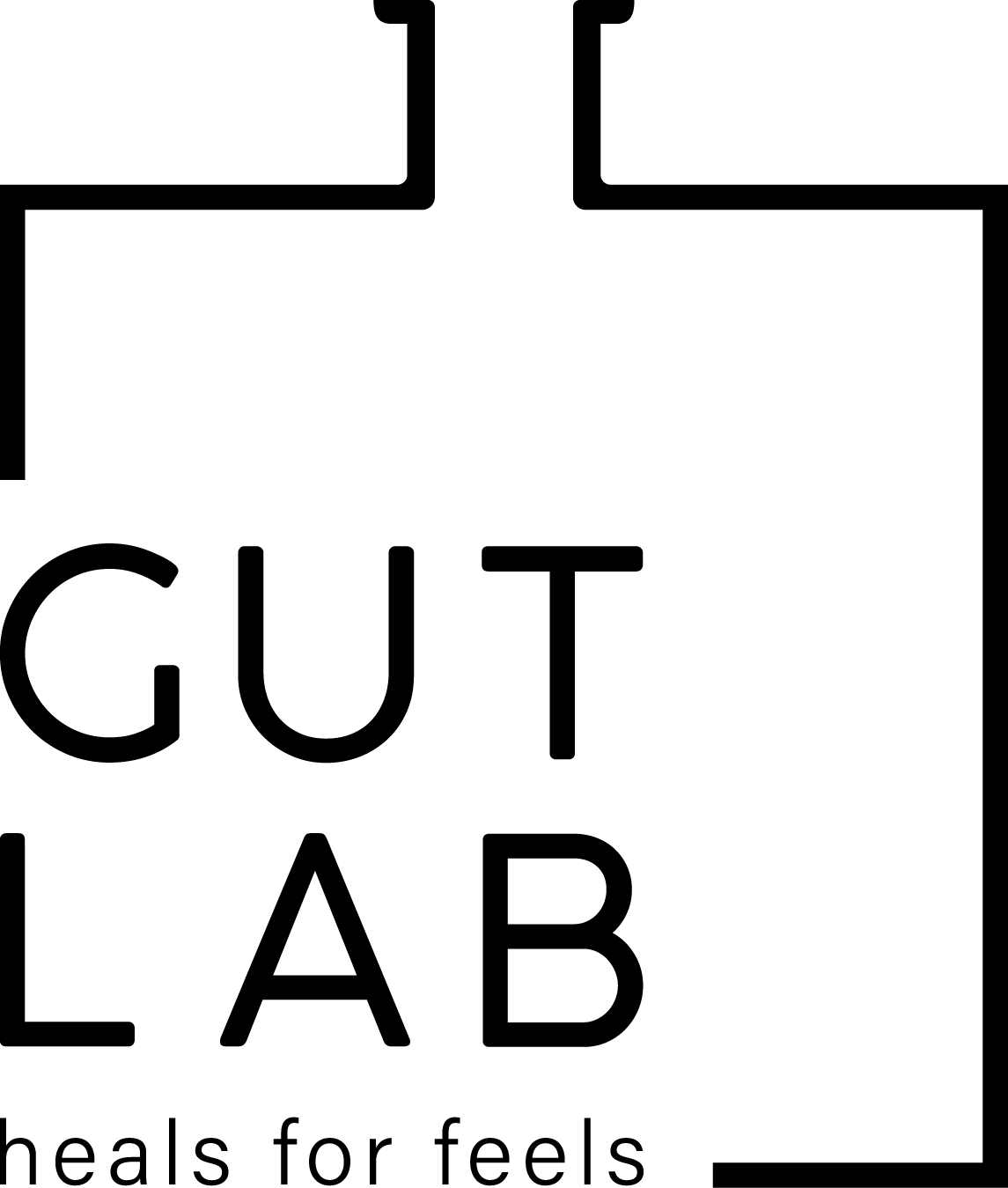Cholesterol is not the enemy!
Thanks to decades of the ‘cholesterol-heart’ hypothesis being promoted by western governments and advisory committees, most people still think cholesterol is best kept as low as possible. If your blood test reveals you have high blood cholesterol, your doctor might prescribe you cholesterol lowering drugs (statins). The truth is we cannot live without cholesterol. The decades of bad advice is catching up, with multiple large scale studies in recent years revealing truths that are putting conventional cholesterol related dietary advice in the bin where it belongs. Please read until the end, as that’s where we will look at the truth about the heart-cholesterol relationship.
The importance of cholesterol
Every cell in every organ contains cholesterol.. Cholesterol makes up cell membranes, which serves multiple purposes. It provides cells with structural integrity, and it houses the cellular barrier / communication system that determines what can and cannot enter or leave the cell.
The brain and nervous system is abundant with a substance called Myelin. Myelin is made up of fats and is integral to how every neuron and impulse works. 20% of Myelin is cholesterol, and when this percentage is interfered with, the brain and nervous system suffers. People low in myelin tend to suffer multiple sclerosis, and diets with the right kinds of fats can help improve symptoms.
Cholesterol in infancy
Cholesterol is vital for developing brains and eyes, and so naturally human breast milk is rich in cholesterol along with specific enzymes that allow the baby to absorb it all. In fact, babies deprived of cholesterol can grow to have poor brain function and eye sight. Unfortunately, many formula manufacturers follow anti-cholesterol doctrine in spite of knowing how important cholesterol is in infancy.
Not all cholesterol comes from food!
Cholesterol is such an essential part of our physiology that we have clever apparatuses that help us produce it when the supply from food is low. When we eat more cholesterol, the body makes less, and when we eat less, the body makes more. It is estimated that 85% of blood cholesterol is made in the body, and 15% comes from food.
Your liver is your god!
The liver has more roles than any other organ and is far more worthy of your worship than Taylor Swift. One of the livers roles is cholesterol management – it regulates blood cholesterol and it makes bile out of cholesterol. Bile is liquid gold – and having bile problems is costly. Bile breaks down fats, and assists with fat soluble vitamins (A, D, E & K) being assimilated and used in the body. Vitamin D is made when the cholesterol in our skin is exposed to natural sunlight, and then it goes to the liver to be converted and used around the body. I don’t think Taylor Swift can do that.
Your hormones are made of cholesterol!
The brain is the most cholesterol-hungry organ, and after that is our endocrine glands. Adrenal and sex hormones produce steroid hormones which are made of cholesterol. When you read about ‘hormone balancing’ protocols, a first step might just be to look at your intake of essential healthy fats. Hormones control metabolism, energy production, mood stability, and much more. When exhausted or suffering adrenal insufficiency, look to your healthy fats intake. It has been suggested that part of the fertility epidemic can be attributed to the cholesterol-heart hypothesis, as you cannot produce a child without healthy sex hormones.
Immune strength requires cholesterol
Fighting infections requires cholesterol, as does repairing things after the fight. LDL (‘bad’ cholesterol) binds to bacterial toxins and inactivates them. Staphylococcus aureus is a lethal toxin which destroys red blood cells, but in the presence of LDL-cholesterol it is rendered powerless. Those with healthy or high levels of cholesterol recover faster from common colds and infections, and are less likely to develop severe immune system disorders. Granny was right about cod liver oil, which is the richest source of cholesterol, and helps with all of the systemic activity cholesterol is necessary for, namely immune strength.
Dangers of low cholesterol
In the absence of cholesterol lowering drugs, most of us don’t need to worry about cholesterol. For the few that do have problems with cholesterol production, symptoms can include behaviour issues and emotional instability. Data shows that criminals involved in violence, suicidal people or those with aggression and low self-control can exhibit low blood cholesterol.
The cholesterol, heart and blood vessel relationship.
So what’s the connection between cholesterol and the heart then? Different people have different cholesterol levels, in general and even at different times of the day. It fluctuates. Cholesterol goes up when you have an infection, when you eat sugar, and when you are stressed. And then it becomes normal when you are relaxed. This is because it is a healer within your body, and is present when tissues are inflamed, under stress, or damaged. When poor diet leads to toxic chemicals, high sugar, or free radicals being abundant in our bloodstream, our vascular tissues (among many things) become inflamed and damaged. This causes the liver to send cholesterol to the affected are in an attempt to heal and sooth the problem. If the dietary factors are improved, the cholesterol will be sent back to the liver once the wound is healed. If the dietary factors remain unchanged, the cholesterol builds and builds, resulting in atherosclerosis.
Check out this article by the Daily Mail, “No evidence’ having high levels of bad cholesterol causes heart disease, claim 17 physicians as they call on doctors to ‘abandon’ statins”.
Healthy fats are an essential part of your daily diet. If you need help making sure you are getting the right fats in the right amounts to keep you healthy and thriving, please book in with Sarah. An individual treatment plan and all the help you need is the click of a button away.





